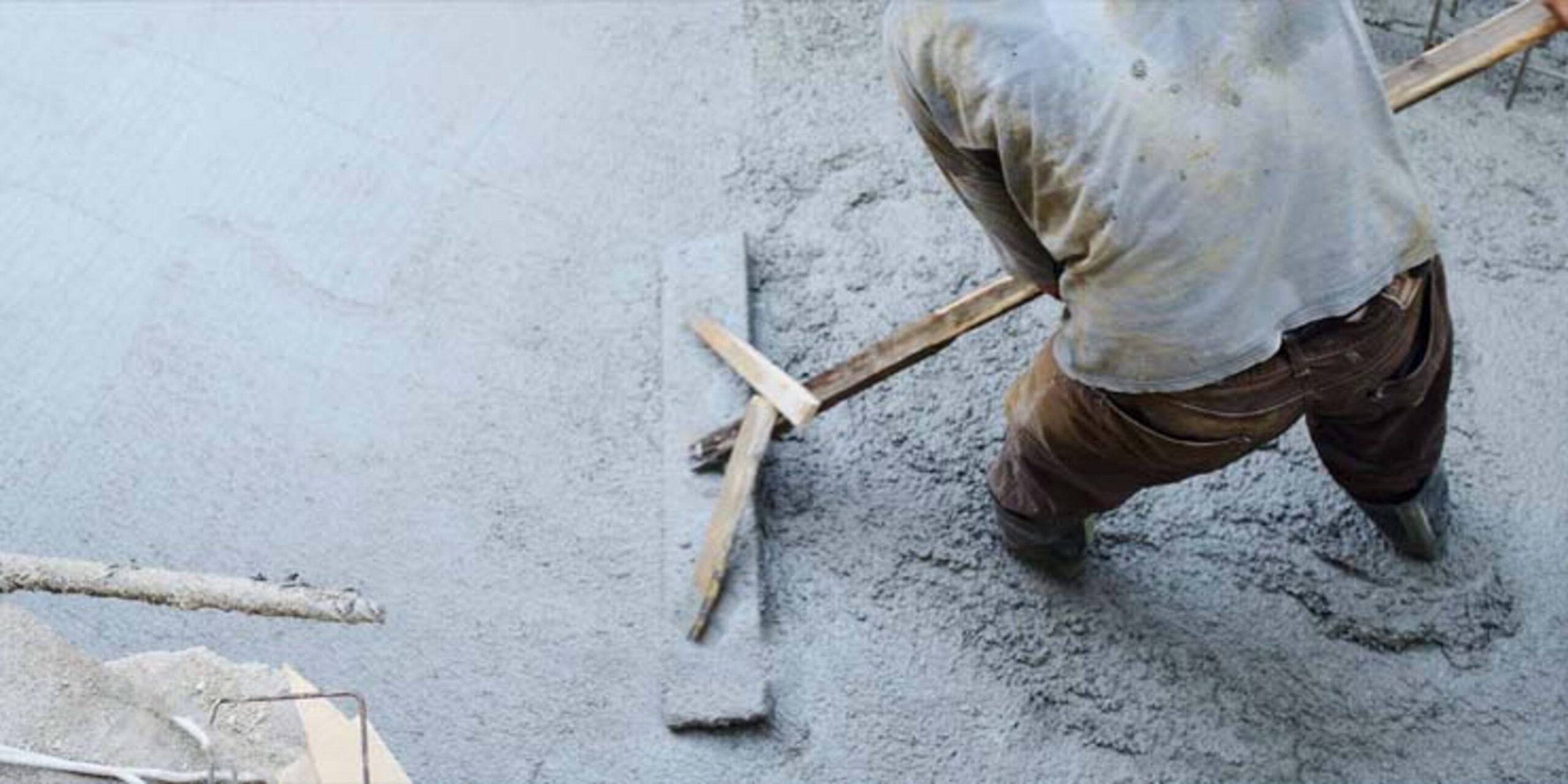Concrete Contractors Colorado Springs are responsible for pouring concrete on job sites. This is a very labor-intensive process. Concrete contractors need to have a skilled bunch of workers under them so that they can finish work on time.
A good concrete contractor keeps other contractors and supervisors updated on the progress of their work. They also keep clients updated on the work’s progress.
Concrete is an essential construction material, and when it’s not installed correctly, it can cause a lot of problems. This is why it’s crucial to find a reputable and experienced concrete contractor who can get the job done right. Whether you need a new driveway or foundation, these professionals know how to build and install a concrete structure that will stand the test of time. They also understand the importance of proper installation as well as the different weather conditions that can affect it.
When choosing a concrete contractor, it’s important to ask them for references and examples of their work. This will give you a good idea of the quality of their work and how long they have been in business. Having years of experience in the industry is vital, as there are certain aspects of on-field work that can only be learned through practice and time spent in the field.
It’s also important to check a contractor’s licensing before hiring them. This will ensure that they are certified and insured to work on your property. If they don’t have a license, it is best to avoid them, as it may indicate that they are not qualified or trustworthy. In addition, a licensed concrete contractor will be able to provide you with a detailed estimate of the project costs and any other fees that might be associated with them.
Lastly, it’s also a good idea to ask friends and family for recommendations when looking for a concrete contractor. This is a great way to gather several options without spending a lot of time searching for them. Moreover, you will be more likely to hire a contractor who has been recommended by someone you trust.
Concrete contractors are professionals who specialize in laying concrete. They have the knowledge and equipment necessary to complete projects of all sizes, from small driveways to large commercial buildings. They can also help with site preparation, which includes backfilling and excavating the area. This process is critical to ensuring that the building can hold up to heavy loads and withstand different weather conditions.
License
Concrete contractors need to be licensed by the state where they operate. The license requirements vary by state, but all require experience, passing an exam, and securing a bond. Other requirements include insurance, business registration, and worker’s compensation.
The license that concrete contractors need depends on the type of work they do. Some states only need a general contractor’s license, while others have special licensing for specialty contractors. In some cases, licenses must be renewed annually. A license is also needed for certain types of work, like forming, pouring, and finishing concrete and setting forms for pavements and flatwork.
Besides having the right experience and skills, concrete contractors should have good business sense to run their operations successfully. This means they need to be able to identify and meet client needs. They must also be able to manage and supervise employees. In addition, they must be able to stay EPA-compliant, especially when they are working on public works or commercial construction projects.
One of the most important things that concrete contractors need to do is keep track of their projects and deliverables. This is particularly challenging for large projects, where there are many people involved and multiple milestones that need to be met. The good news is that there are tools available to help them do this.
There are many benefits to being a concrete contractor. Some of the most important ones are a steady flow of work, excellent pay, and job security. However, the industry can be competitive, and you need to know how to market yourself to be successful.
To become a concrete contractor, you must first pass the C-8 Concrete Contractor exam. You can do this at PSI testing centers across the country. The test is very intensive and will cover a variety of topics. To be prepared, it is recommended that you study for several months beforehand. It is also necessary to disclose any criminal convictions when applying for a license, even if they have been expunged. The CSLB will review your record on a case-by-case basis and make their decision based on whether or not you are a good fit for the job.
Insurance
Typically, concrete contractors need several types of insurance coverage. First, they need general liability insurance to protect their company from property damage and bodily injury claims that could arise from their work. This policy can pay for things like repairs to a client’s building or car after an accident with your equipment, as well as legal fees and medical costs if someone is injured on the job site. It’s also a good idea for concrete contractors to have commercial property insurance, which covers the physical assets of their business. This type of insurance pays to replace or repair the company’s buildings, equipment, and inventory in the event of a peril such as fire, wind damage, or theft.
The next type of insurance a concrete contractor needs is workers’ compensation coverage. This is usually required by law for businesses with employees, and it helps cover medical expenses and lost wages if an employee is injured while on the job. The concrete industry can be physically demanding, and employees may suffer back strains, hernias, and other common injuries. Having this type of insurance can help with the cost of hiring and training replacements, as well as legal expenses if a worker is sued by a client.
Finally, concrete contractors should consider adding professional liability insurance to their policies. Also known as “errors and omissions insurance,” this type of policy protects the business from claims made by clients for undelivered services or other mistakes in their consulting advice. These policies can pay for legal fees and settlements, as well as other damages like rental income loss if a client is unable to use the property due to your error. Talk to an independent agent about the different insurance options available for concrete contractors. They can shop around with top-rated insurance providers to find the right combination of policies for your business’ unique needs. They can also help you determine the right coverage and policy limits for your business to protect it from unforeseen risks. This will give you peace of mind that your business is protected.
Customer Service
Concrete contractors should be willing to work with clients to ensure that projects meet their exact specifications. This includes understanding the client’s needs and preferences and communicating clearly throughout the project. They should also be able to provide clear pricing and project timelines. In addition, a concrete contractor should be willing to show clients previous work samples. This is an important way for the client to see what the contractor is capable of.
Whether you are looking for a concrete driveway or patio, a stamped or colored concrete walkway, or a concrete pool deck, a professional and experienced contractor will help you achieve the look you want. They will provide expert guidance and use the latest materials to create a durable, long-lasting product. Their skills and industry knowledge will help you avoid common mistakes and get the best results.
While different decorative concrete contractors have unique approaches to their businesses, they all share a common belief that customer service is the lifeblood of the company. This is why they invest in training their employees and use project management software that allows them to track job progress from start to finish. This gives them the opportunity to make sure their crews are following the client’s vision and preferences and avoid mistakes that can result in costly rework.
Commercial concrete contractors often need to be able to provide proof of insurance to their clients. This includes liability insurance, which protects the property owner in the event of damage caused by the contractor’s crew during the construction process. In addition, contractors should have workers’ compensation coverage to protect themselves in the event of an injury or illness while on the job.
Residential concrete contractors typically make concrete onsite using bagged cement mixes for smaller-scale projects, such as landings and sidewalks. For larger-scale projects, like slabs and foundations, they will order a concrete mix truck to the job site. A good contractor will know how to communicate clearly with the ready-mix supplier so that they can receive prompt deliveries and a quality mix every time. Some suppliers will expect payment within ten days of delivery for all customers, while others may offer terms based on a contractor’s credit history.

